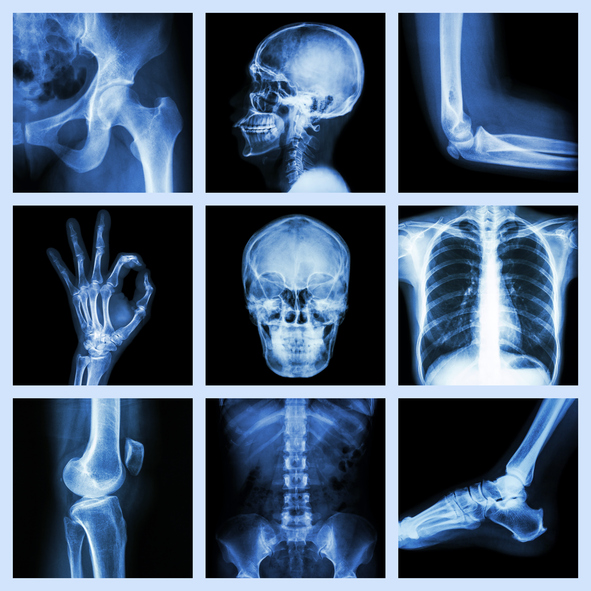From reducing nausea to getting better sleep, here are ten of the weirdest facts about the human body.
1.) Pressing the tendons in your wrist for 30 seconds can help to reduce nausea. This concept is based on acupressure points – hence why travel sickness bands are usually placed here.
2.) Swearing when you hurt yourself actually reduces pain. Yep, a study by Keele University found that volunteers who cursed could endure pain upto 50% longer than those who didn’t.
3.) If you want someone to take in what you’re saying, speak into their right ear. That’s because the right side is controlled by the left hemisphere of the brain – which is responsible for language and speech. So if you really want to get your point across – pick the right!
4.) Wearing socks in bed can help you sleep. Some of us can’t stand the thought of it but wearing socks warms the feet up causing the blood vessels to dilate. This sends a message to the brain that it’s time for sleep.
5.) Get an itchy throat from allergies? Scratching your ears can cause the throat to twitch and actually relieve the itch.

Even the ear you speak into can determine how well your message is received
6.) If you suffer from heartburn, sleeping on your left side can reduce the sensation, due to the shape and position of the stomach and digestive tract.
7.) Hate that brain freeze feeling? Placing your tongue on the roof of your mouth can relieve it quickly.
8.) Naps help you memorise what you just learnt. Rather than cramming – taking a nap after learning something new can help you retain that information far better.
9.) Bad dreams can be caused by cold rooms. An experiment with a thousand participants found there was a link between a colder room and having a bad dream. As yet scientists haven’t been able to explain this, but all the more reason to get the extra blanket out.
10.) Your brain has the capacity to store everything. The issue is recall – how you can access that information.




